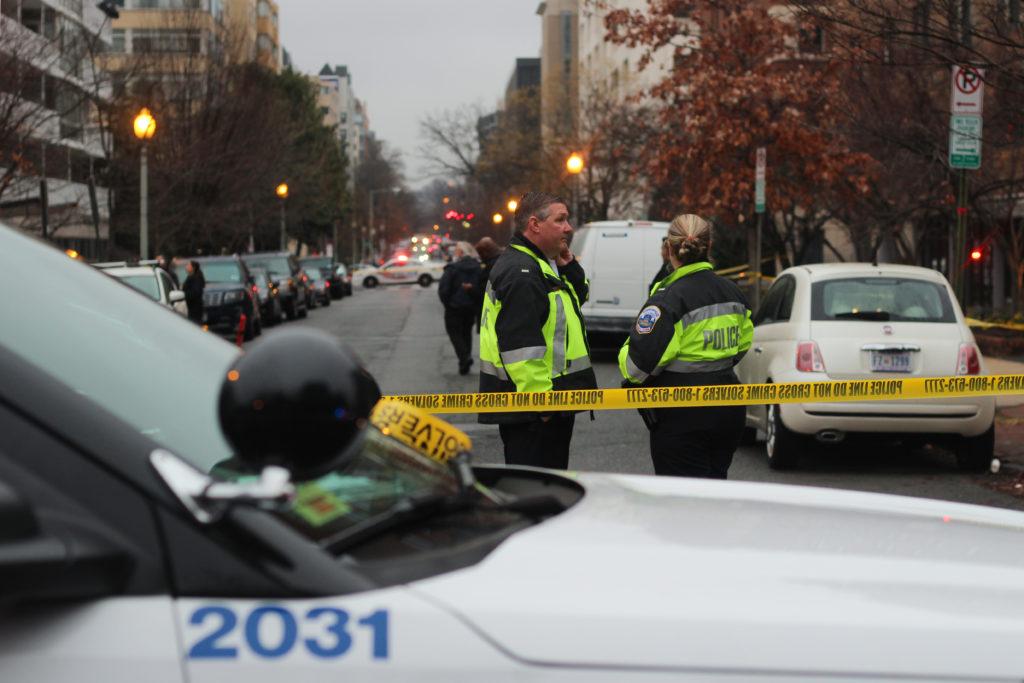The District surpassed 200 homicides Tuesday amid a 35 percent jump in homicides that comes despite a drop in homicide rates in many other major cities.
Police recorded the city’s 200th homicide Tuesday when a teenager was shot and killed outside Dunbar High School near the Shaw neighborhood. Metropolitan Police Department data shows 209 recorded homicides through Wednesday, a 35 percent uptick compared to the same point last year.
D.C. is on pace to record the city’s most homicides since at least 2003, per the data. This is the fastest the District has reached 200 homicides since 1997, according to the Washington Post.
Homicide in other major American cities, like New York, Chicago, Philadelphia and Baltimore, is dropping. Experts and officials have largely struggled to determine why the District is an outlier, pointing to the fact that federal authorities manage much of the city’s justice system as a potential reason.
“We are sick and tired of the gun violence in this city,” Pamela Smith, the acting MPD chief, said at a Tuesday press conference. “When we lose one person, whether it’s one or 200, that’s too many.”
Crime in the District peaked in 1991 when there were 482 homicides. There were 88 homicides in 2012, a two-decade low and the last time D.C. experienced fewer than 100 homicides. Homicides have since creeped back up, with 226 last year.
There have been eight homicides in Ward 2 and no homicides in Foggy Bottom or West End this year, according to online data. Ward 8’s 75 homicides is the most of any ward, while 37 homicides have happened within the jurisdiction of Ward 7.
Total crime in the District is up 28 percent compared to last year, with violent crime up 37 percent and property crime up 26 percent, per MPD data. Burglaries and thefts from auto are down 1 percent.
The D.C. Council has made efforts to address crime in the District, including passing an emergency bill in July that gives D.C. judges more flexibility in keeping violent criminals in custody. Ward 2 Councilmember Brooke Pinto, whose ward encompasses Foggy Bottom, introduced a bill earlier this month that, among other reforms, would allow police to perform warrantless searches of people who are facing charges for violent crimes or on parole.
The rise in crime in the District comes as the University begins to arm GW Police Department officers, arming the first two early this month and announcing plans to arm four more by the end of September.





